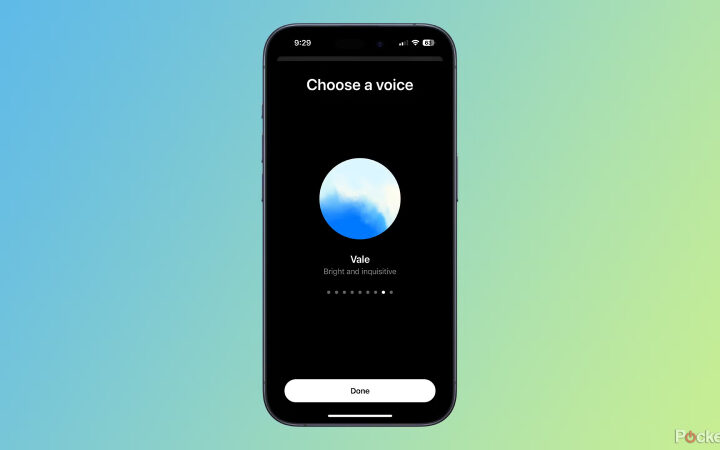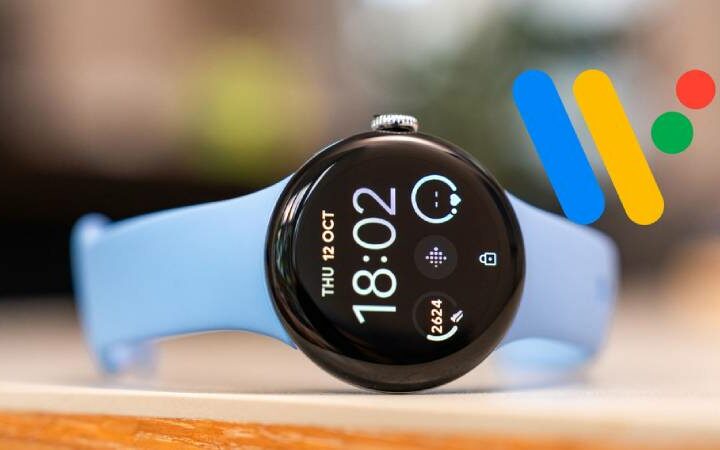With its 5G standalone (SA) network, T-Mobile is bragging about record-breaking uplink speeds of 345 Mbps, made possible by a new technology known as uplink transmit switching, or UL Tx.
The “un-carrier” said in a news release that it’s the fastest uplink ever observed in North America utilizing sub-6 GHz spectrum, illustrating how the technology can transform the way that mobile data is transported.
UL Tx switching, according to T-Mobile, is a game-changing technology that permits seamless switching and the combined use of various frequencies, hence increasing uplink speed and capacity.
In the experiment, developers made use of a smartphone running Qualcomm’s Snapdragon Modem-RF system as well as hardware from Nokia’s AirScale line. The phone was able to deliver several data streams simultaneously because to the combination of carrier aggregation and single-user multiple input, multiple output MIMO (SU-MIMO), which resulted in uplink rates that were 25% higher than T-Mobile’s previous record of 275 Mbps.
Ulf Ewaldsson, President of Technology at T-Mobile, stated in a statement, “This achievement is a testament to our relentless pursuit of innovation and our commitment to delivering an even better network experience to our customers.” “We urge our partners worldwide to incorporate uplink transmit switching into the 5G ecosystem going forward, as it has the potential to greatly increase upload speeds and capacity.”
It’s a fantastic coup for Nokia, which is going through hard times with Verizon dropping Nokia in favor of Samsung in 2020 and AT&T giving Ericsson an open Radio Access Network (RAN) deal worth up to $14 billion.
In a statement, Nokia President of Mobile Networks Tommi Uitto said, “We are proud to work with our long-term partner, T-Mobile on this important and significant achievement that will enhance the uplink speed and capacity of their 5G network – the largest and fastest in the U.S. – and deliver an even better experience for customers.” “By collaborating closely with our partners, we can push the limits of what 5G is capable of.”
Using smart, dynamic usage of TDD and FDD spectrum in the device, switched uplink “has the potential to reach these incredible upload speeds,” according to Durga Malladi, general manager of Technology Planning & Edge Solutions at Qualcomm.
Additionally, he noted that switched uplink will meet the increasing need for upload-heavy user applications, devices, and use cases, including mobile broadband, fixed wireless access, mobile phones, and more.
The industry has already significantly increased download speeds, and more lately, it has concentrated on increasing upload rates. For sharing content on social media, gaming, XR, and video-based apps, faster upload speeds are essential.
- A new teaser confirms that Honda Activa electric scooters to get swappable batteries - November 22, 2024
- See how WhatsApp Beta simplifies updates with group mentions - November 22, 2024
- Social Media Safety Advances: Instagram Lets Users Reset Recommendations - November 21, 2024









